- Details
- Written by: Kamran Mofid
- Hits: 8454
Planting the Seeds of Values-led Education everywhere in 2017

Photo: inspiringnewbeginnings.com
One figure can tell a whole story: One million people tell global leaders a good education is the key to better life and a better world
This figure surely is a compelling illustration of education’s direct impact on human well-being, from better health to increased wealth.
What do you think would make the world a better place? This is the question that almost 1.5million people across the globe have answered - and top of their list is a good education.
A good education has racked up the magic one million votes in the MyWorld2015 survey, putting it ahead of better health care and job opportunities.
For girls under the age of 16, it is even more important - 77% of them voted for it as a key factor in a better world.
MyWorld2015 is a global survey led by the United Nations and partners, in which global citizens can share their views with the world's leaders and help to set the development agenda.
The questionnaire asks people to choose their six most important issues from a list of 16, which cover the Millennium Development Goals plus questions of sustainability, security, governance and transparency.
The result of this global survey should not be surprising. The desire for education and the need to have access to a good education is simple to understand:
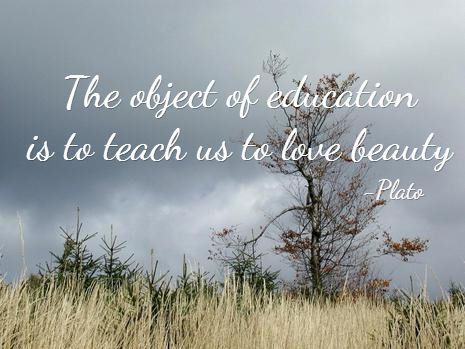
Photo: bing.com
Education is the foundation for a good and fulfilling life, setting the individual on a path of personal fulfilment, economic security and societal contribution. Today the world of knowledge and competence is in a constant state of flux. The same can be said for the universe of visions, aspirations, and dreams. For many centuries it had been considered that education in general and universities in particular were responsible for the moral and social development of students and for bringing together diverse groups for the common good. Is this still the case?
What is the main role and function of a "good" education? To equip students with marketable skills to help countries compete in a global, information-based workplace? Has this overwhelmed other historically important purposes of education, and thus, short- changing us all and in particular the students?
If there is a shared national purpose for education, should it be oriented only toward enhancing the narrow vision of a country's economic success? Should education be answerable only to a narrowly defined economic bottom line, or do we need to discover a more comprehensive, inclusive bottom line, given the catastrophic crises that we are witnessing all around us? Are the interests of the individuals and selective groups overwhelming the common good that the education system is meant to support? Should our cherished educational values be all up for sale to the highest bidder? Should private sector management become the model for our mainly publicly-funded education system? Should the language and terminology of for profit- only business model, such as “downsizing”, “outsourcing”, “restructuring”, ”marketisation”, “privatisation” and “deregulating”, amongst others, be allowed to become the values of education, when teaching and learning is nothing short of a vocation and sacrament?
The current global crises has given us a golden opportunity to ask ourselves some fundamental questions on the role of education in building better lives and a better world. Soul- searching and self-criticism should not be seen as a source of weakness, but as a source of strength, humility and the search for wisdom.
So, we now know, if indeed we did not know it before: A GOOD EDUCATION is the KEY to a BETTER LIFE and a BETTER WORLD.
WOW! If it is so simple to change our lives and the world for better, then, why is it that so many crises- personal, societal, regional and global-persist and indeed deepens, whilst with all available resources at our disposal we are unable to build a world of peace, justice, fairness and prosperity for all?
This, to my mind, is the mother of all questions!!
The answer is simple: When it comes to education, we have forgotten the big picture, the bigger questions of life, and have built castles on shifting sands, with no valuable and meaningful values, with too much concentration on competition and the so-called “success”.
“Try not to become a man of success, but a man of value.”- Albert Einstein
“The plain fact is that the planet does not need more "successful" people. But it does desperately need more peacemakers, healers, restorers, storytellers, and lovers of every shape and form. It needs people who live well in their places. It needs people of moral courage willing to join the fight to make the world habitable and humane. And these needs have little to do with success as our culture has defined it.”-David Orr
Aristotle was clear on these matters, when he eloquently reminded us: ‘Education of the mind without education of the heart is no education at all.’ And educators ever since have been battling to ensure that education moves humanity forwards not backwards. If knowledge is power, those in the business of facilitating the acquisition of that knowledge need to be making sure that they put that power in the right hands and help those acquiring the knowledge understand their enormous responsibility to use that knowledge well. The imperative for values-led education with the pursuit of wisdom and not just knowledge on its own as its goal has never been more urgently required than it is now: To provide our students with a dynamic moral and spiritual compass, strengthening their resilience and well-being, and to nurture the development of good character, deep thinking and altruistic behaviour. The outcome of values-led education is the positive transformation of individuals and institutions - exactly what our world needs.
Now I want to share with you a little story about a simple speech I gave at a Forum at the Graduate Institute of International and Development Studies in Geneva on the afternoon of 25th of June 2015.
This session was a public forum, open to all, including the general public, students, the youth and all other interested individuals. Present also were high level dignitaries from Geneva and senior city and university officials.
Interesting speeches on values-led education, business, trade, finance, etc were made.
Now, my little story:
After the speeches and during the Q&A session, when invited by the moderator (Prof. Christoph Stuckelberger) to make comments or ask questions, whilst I had no prior plan to ask any questions or make any comments, somehow, Christoph saw my raised hand.
I got up and allowed my heart, feelings and emotions to guide me in saying the following (as best I can remember now):
I said:
“When I look all around me, it breaks my heart to see despite so many gifts that we have been given in this life, to be happy, to lead a good and worthwhile lives, we have abused these gifts and have created such a miserable world, the world of multiple, continuing and deepening crises. Why?”
I then said:
“When I was a young lad, our elders used to tell us that education is a path to wisdom. Education will empower you to take action in the interest of the common good. It will enable you to build a better world, a world of peace, harmony and prosperity for all.”
I then continued that our elders also used to say that:
“Educators, too, are here to make a difference: To do something meaningful and to leave a legacy that guides future generations to take action in the interest of the common good, building a better world. Educational leaders should seek to create cultures where people learn together and lead together to create real and deep sustainable change.”
I then concluded my remarks by asking:
“Then why is it that with millions and millions more “educated” people in the last few decades, the world is in such a mess, misery and continuing into deepening crises, etc, etc?
What we see is not a sign of wisdom, but stupidity, ignorance and arrogance, I said. Don’t you think, it is time, we all come together and think very carefully, what education is, what has gone wrong and what ought to be done?”
Wow! The reaction to my comments in the hall, the continuing conversation during the reception afterwards and the stream of emails I have received since, has been very humbling to me. I firmly believe that this is a challenge to every one of us, a challenge that we must rise to if we are serious about values-driven education.”-Geneva Conference-2015
And now a few quots on values-led education from some of my wise teachers I have been blessed to discover in my life, to inspire us all:
Some say that my teaching is nonsense
“Some say that my teaching is nonsense.
Others call it lofty but impractical.
But to those who have looked inside themselves,
this nonsense makes perfect sense.
And to those who put it into practice,
this loftiness has roots that go deep.
I have just three things to teach:
simplicity, patience, compassion.
These three are your greatest treasures.
Simple in actions and in thoughts,
you return to the source of being.
Patient with both friends and enemies,
you accord with the way things are.
Compassionate toward yourself,
you reconcile all beings in the world.” My wise and inspiring teacher: Lao Tzu
'Let them (your pupils) study to be good rather than learned, for learning begets envy which goodness destroys. Goodness is both more useful to men and more pleasing to God than learning. It is also more enduring. We forget more quickly some fact which was quickly learned than we lose principles of conduct which we have attained by arduous daily practice. Learning in itself brings little of value, and that for only a short time, while goodness is eternal and leads to the realisation of God. Therefore, following the example of Socrates, advise your pupils to use human learning to dispel the clouds of the senses, and to bring serenity to the soul. Then will the ray of truth from the divine sun illumine the mind, and never in any other way. That is the only useful study. A man who acts otherwise labours vainly and miserably.'-My wise and inspiring teacher, Marsilio Ficino
‘It is not enough to teach a man a specialty. Through it he may become a kind of useful machine but not a harmoniously developed personality. It is essential that the student acquire an understanding of and a lively feeling for values. He must acquire a vivid sense of the beautiful and of the morally good. Otherwise he – with his specialized knowledge – more closely resembles a well-trained dog than a harmoniously developed person. He must learn to understand the motives of human beings, their illusions and their sufferings, in order to acquire a proper relationship to individual fellow men and to the community. These precious things are conveyed to the younger generation through personal contact with those who teach, not – or at least not in the main – through textbooks. It is this that primarily constitutes and preserves culture. This is what I have in mind when I recommend the ‘humanities’ as important, not just dry specialized knowledge in the fields of history and philosophy. Overemphasis on the competitive system and premature specialization on the ground of immediate usefulness kill the spirit on which all cultural life depends, specialized knowledge included. It is also vital to a valuable education that independent critical thinking be developed in the young human being, a development that is greatly jeopardized by overburdening him with too much and with too varied subjects (point system). Overburdening necessarily leads to superficiality. Teaching should be such that what is offered is perceived as a valuable gift and not as a hard duty.’- Education for Independent Thought by Albert Einstein – New York Times, October 5, 1952
“All through school and university I had been given maps of life and knowledge on which there was hardly a trace of many of the things that I most cared about and that seemed to me to be of the greatest possible importance to the conduct of my life.”My wise and inspiring teacher: E. F. Schumacher
An Example of Values-led Teaching
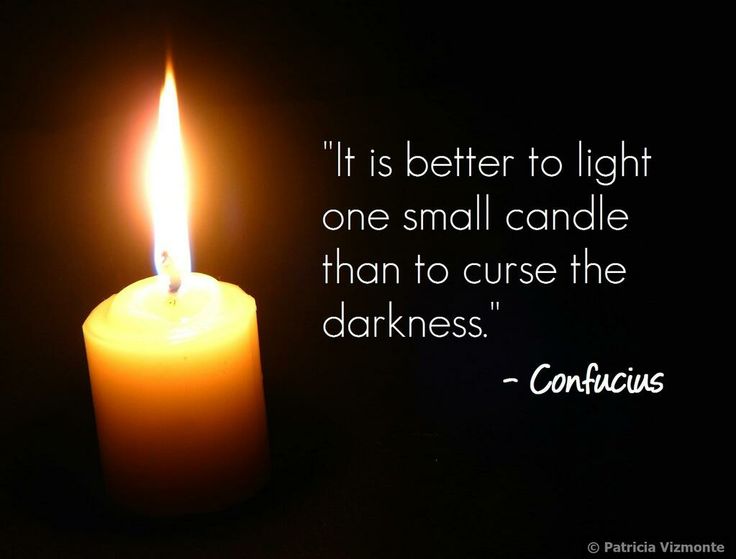
"I firmly believe that education should be a path to wisdom and educators are here to make a difference: To do something meaningful and to leave a legacy that guides future generations to take action in the interest of the common good, building a better world. Educational leaders should seek to create cultures where people learn together and people lead together to create real and deep sustainable change." My Economics and Business Educators’ Oath
…And the Tragic Consequences of Values-free Education- Teachers and Students suffering alike

Photo: thejournal.ie
Teacher Mental Health: When work-stress leads to illness
Teachers report rise in mental health fears

Photo: theguardian.com
- Details
- Written by: Kamran Mofid
- Hits: 6769
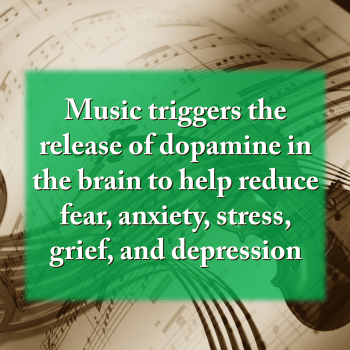
Photo:happinessstuff.com
I found reasons for joy, happiness, and hope for a better world even amid the bleakness of the world that we have created
“Music is manna for the soul, and nectar for the spirit."
‘The health of the physical body is inextricably tied to our emotional, mental and spiritual health. Music is a powerful catalyst for healing because it touches the very core of humanity... our souls. With music, we can remember our connection to the Creator and the powerful Healer within. We can take control of our health and our lives as we enjoy the healing sound of music.’-A Path with Heart
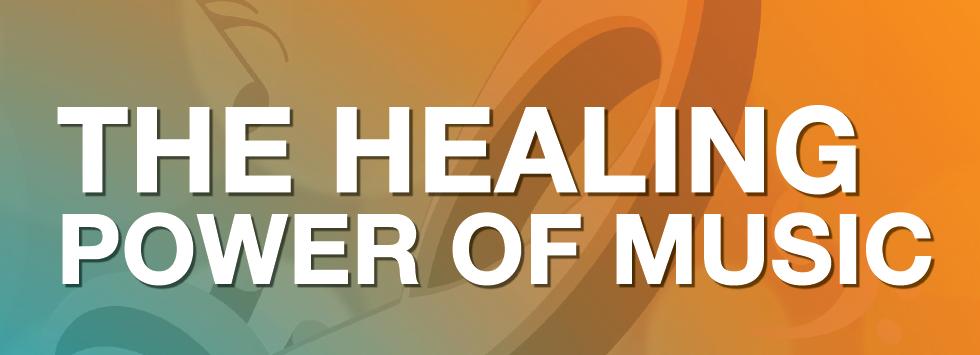
Photo: bing.com
I have found good and meaningful music, accompanied by lovely words, very healing, soothing, and helping me to be hopeful for a better world.
Tomorrow is Christmas Day, the day of healing, hoping and dreaming for a better life and a better world.
Thus, I love to share the following music with you. ‘Music has long been recognized for its therapeutic value. Aeons ago, David was summoned to play for King Saul to help chase away his majesty's "evil spirits." Today, music is known for its ability to affect mood, trigger memories and foster loving associations.’
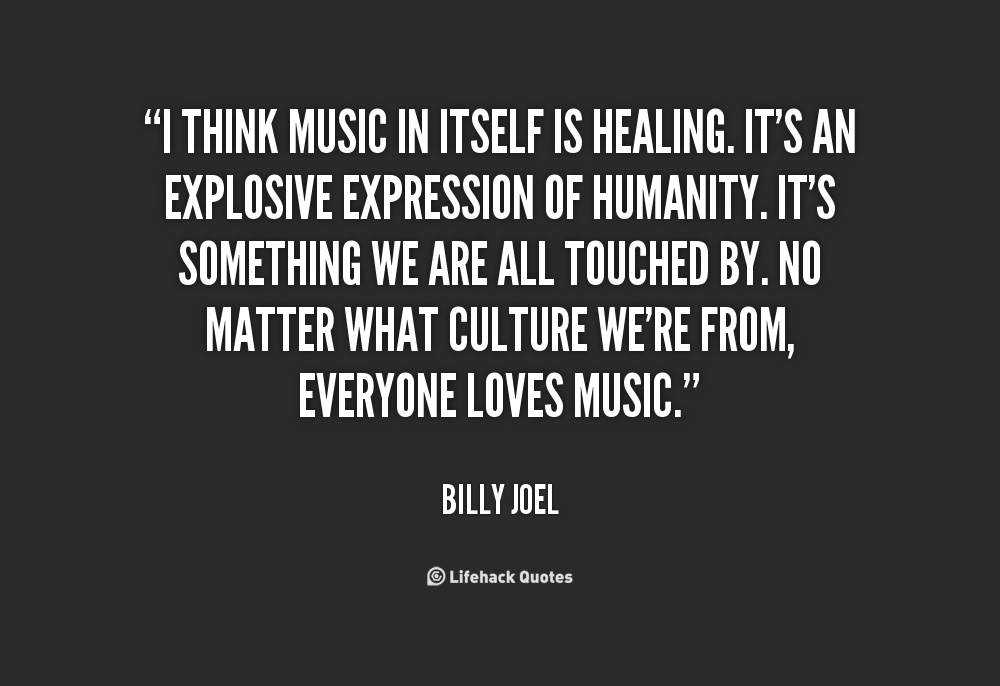
Photo: bing.com
Let us listen together to the music of hope, soothing our hearts, calming our minds; uniting us in our ability to love unconditionally and our wishes for a brighter and kinder future- ENJOY:
Louis Armstrong - What A Wonderful World
Michael Jackson - Heal The World
Paul McCartney - Pipes Of Peace
Pete Seeger: Where Have All the Flowers Gone?
Interfaith Spiritual Music to Heal the World- Oxford
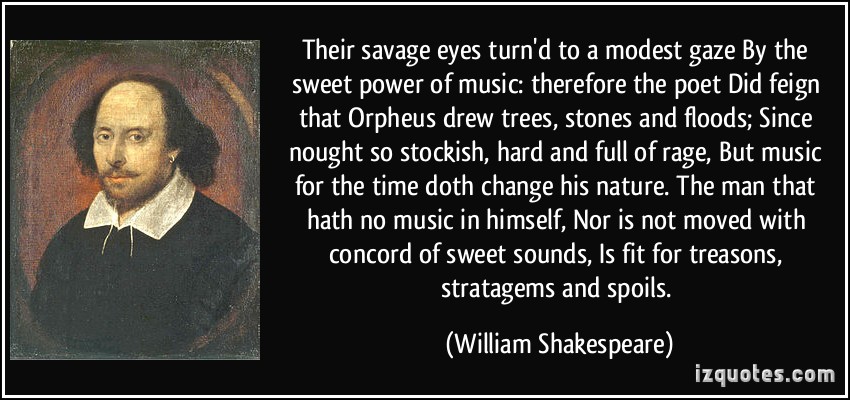
Read more about the healing power of music:
The extraordinary healing powers of music
Music 'calms nerves before surgery' as well as sedative
- Details
- Written by: Kamran Mofid
- Hits: 1597
Capitalism for the Poor and Socialism for the Rich!!

Photo: bing.com
“Thomas Piketty’s new book “Capital in the Twenty-First Century” disputes the view that new-liberal capitalism in a true laissez-faire economic environment will increase income equality. As Milton Friedman put it - a free market system “distributes the fruits of economic progress among all people.” Friedman used as evidence the “the enormous improvements in the conditions of the working person over the past two centuries.” He also argues that - capitalism and democracy are incongruent. Capitalism's "powerful forces" threaten democratic societies. People with capital will always win over people with just their labor.”-Capitalism vs. Democracy - Severe Social Disruption
- “Value has a value only if its value is valued”: The shortest ever speech!
- 2016 the Year of Anger and Fear, 2017 the Year of Hope and Imagination, I hope
- We Refugees: I am told I have no country now
- Thank you Governor Carney: Yes, You are Right- We Need Globalisation for the Common Good
- GCGI Christmas Appeal 2016: The Gift of Refugees and Migrants
